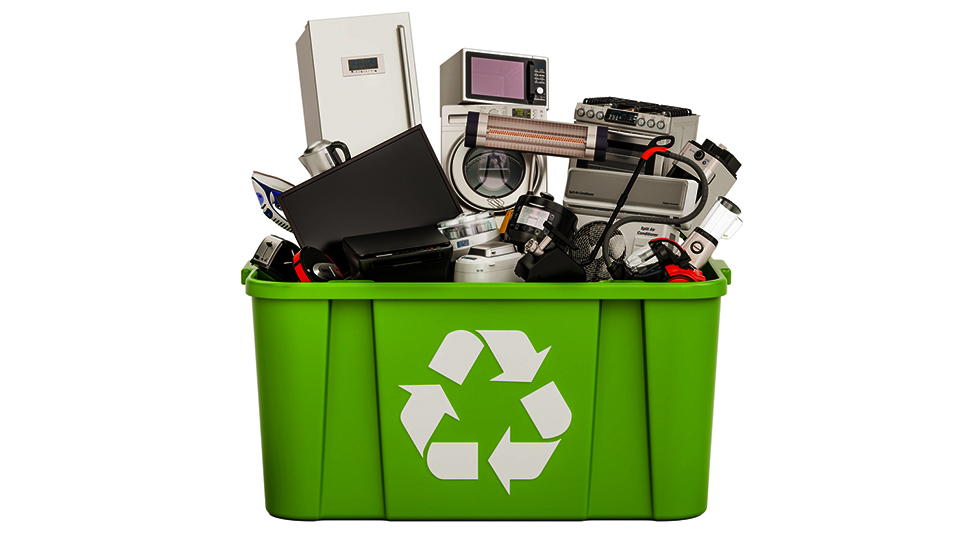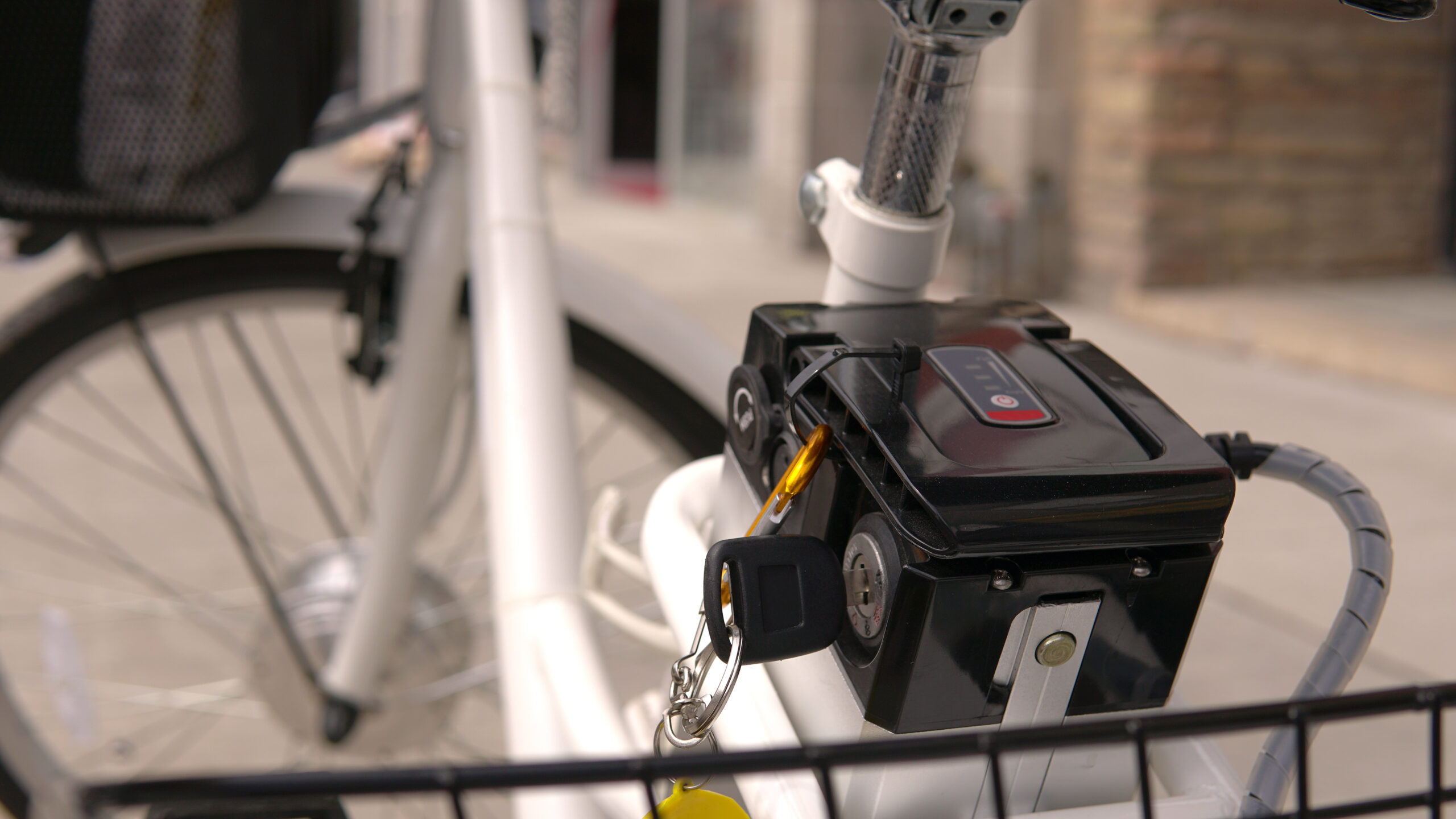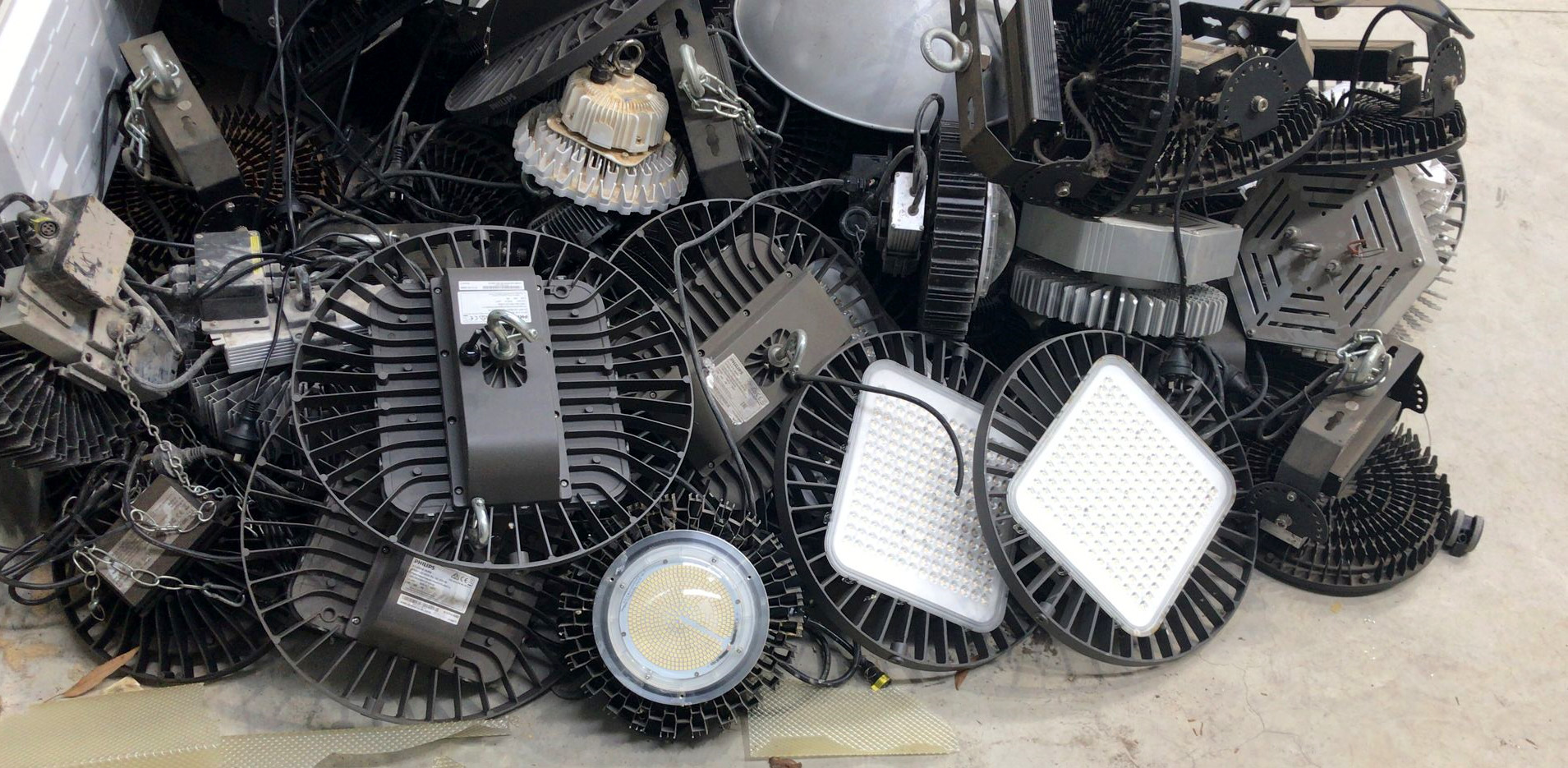A report from the World Economic Forum predicts that, on current trends, by 2050 the amount of plastic in the oceans will outweigh all the fish.
Think about it for a moment, and let the enormity of that sink in.
This year, more than 8 million tonnes of plastic will ‘leak’ into the world’s oceans. That’s the equivalent of one garbage truck per minute. By 2030, on current trends, it will be two garbage trucks per minute. By 2050, if we don’t do something drastic, it will be equivalent to four garbage trucks worth of plastic, every minute of every day, to the point where the amount of plastic in the ocean outweighs all the fish.
One solution is to put in place decent waste collection infrastructure. Europe and the US produce 40% of the world’s plastics but are responsible for just 2% of ocean leakage. Asia, with 45% of production, is the source of 82% of the plastic that ends up in the ocean.
The WEF report also points out the economic waste associated with our current use of plastic. Each year, 95% of the value of plastic packaging material, between $80 billion and $120 billion worth, is lost after a single use. Only 14% of plastic packaging gets recycled, mostly into lower value products that are not further recyclable.
It’s going to take more than token efforts by a few committed people to solve this problem. The WEF report calls for “large-scale, targeted ‘moon shot’ innovations involving businesses, academics and innovators”. That said, we should all be super recyclers, and in Australia, when it comes to plastic, it’s easy.
Most rigid plastics, those with recycling code numbers from 1-7, can be put into home recycling bins. Plastic bags, cling wrap and other clean plastic films take a little more effort, but not much. Just stuff your bread bags and biscuit packets, cereal box liners and even old green bags into a plastic bag and drop them into the Redcycle collection bins at Coles and Woolworths supermarkets. It really is that simple.
As for the bigger picture? It’s a global problem that requires a global solution. For the moment, the most that individuals can do is spread the word. Talk about the issue with your peers, share it on social media and encourage friends to contact their MPs to ensure that they are aware of the problem of oceanic plastic. By one means or another, help to give it the publicity it needs to make it onto the international agenda.






